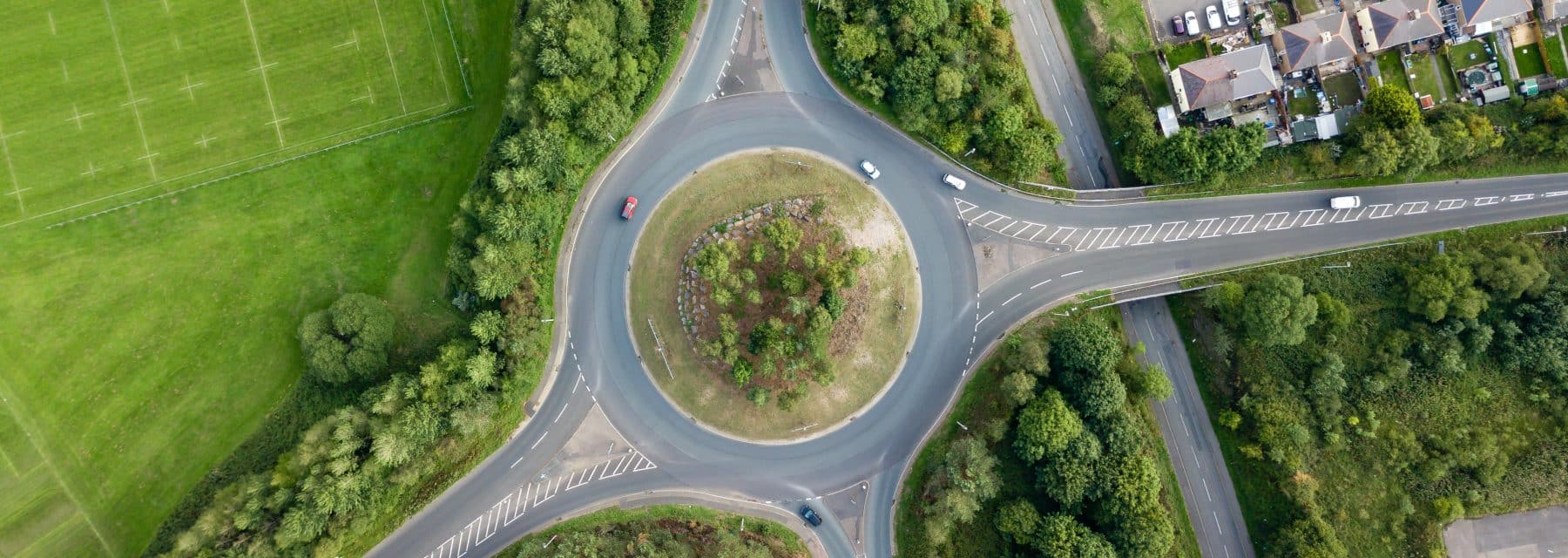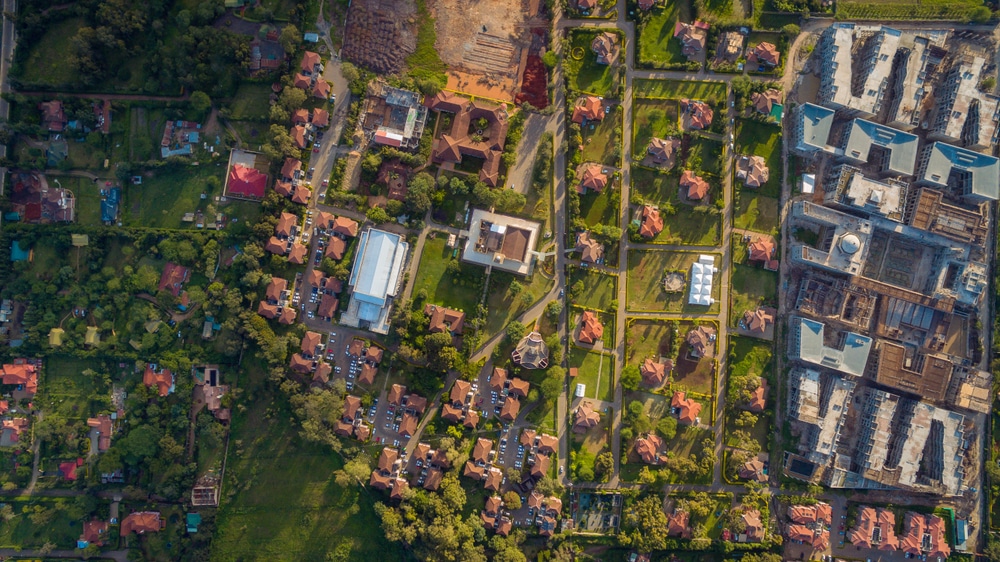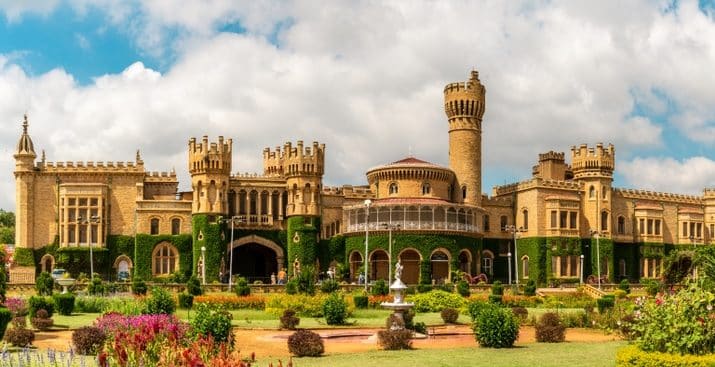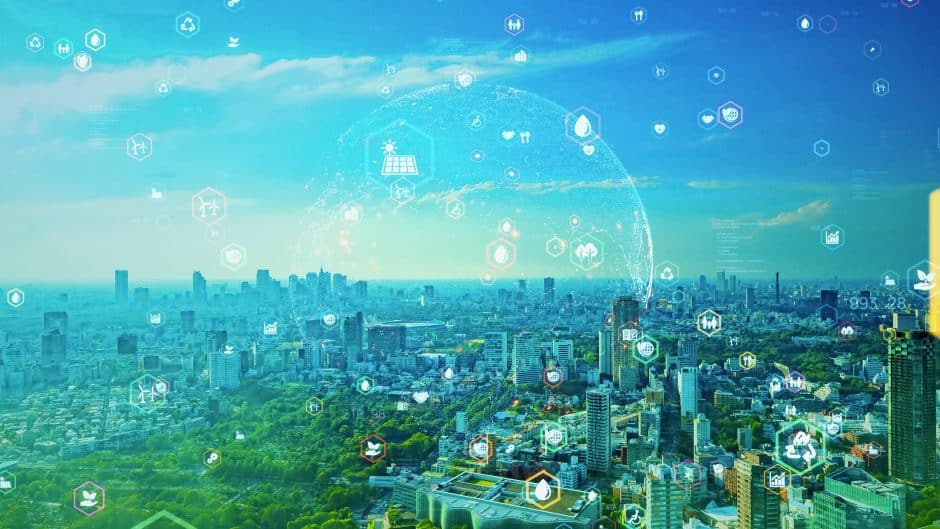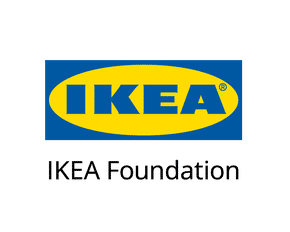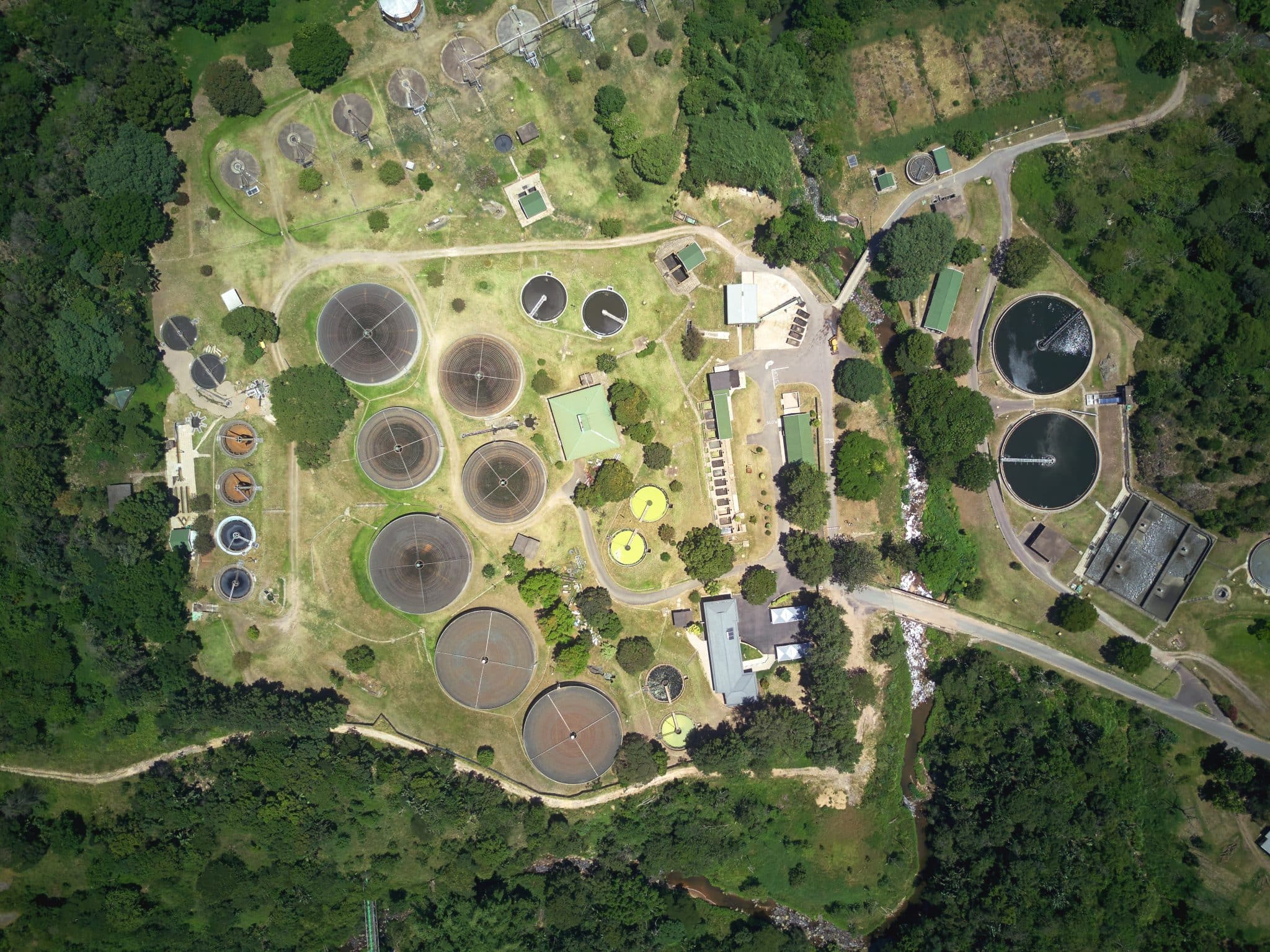
Circular Economy Innovation Clusters
With support from the IKEA Foundation, Climate KIC and our partners are creating self-sustaining innovation ecosystems or ‘clusters’ in Nairobi and Bengaluru, designed to generate solutions for waste prevention through circular economies while also benefiting marginalised communities. By implementing our “innovation cluster” approach, we will focus on activating entrepreneurial activities in a cohesive and systemic way, building a locally embedded innovation ecosystem that includes entrepreneurs as well as other key stakeholders such as local government and businesses, policy makers and investors. The project will be implemented from June 2023 to December 2025.

Bengaluru Circular Economy Baseline Study - Circularity innovations ecosystem in solid waste management system
This baseline study examines the circular economy innovation ecosystem in Bengaluru. It finds that while the city has several companies engaged in downstream activities like reuse, recycling, and repair, there is a significant opportunity to focus on upstream waste reduction, an area that remains underdeveloped. Innovation in managing organic waste is especially needed to meet public sector goals. Additionally, the city’s incubators working on circular economy projects face similar challenges, highlighting the potential for greater collaboration and joint programmes. Read more.
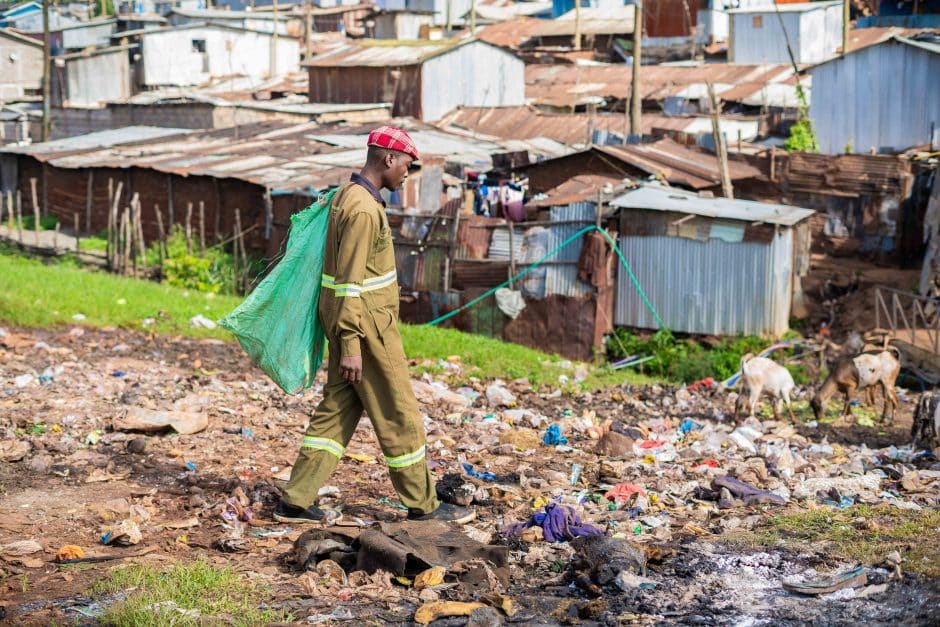
Nairobi Circular Economy Baseline Study - Network and Waste Worker Analysis
The study set out to understand the main features of circularity and waste management in Nairobi, including the role played by informal workers in waste management services. The main learnings are that Nairobi is moving towards a circular economy, supported by new laws like the Sustainable Waste Management Act and Extended Producer Responsibility Frameworks. A vibrant ecosystem of businesses, innovators, NGOs, consultancies, and international organisations is driving this transition. Informal waste workers play a crucial role in managing the city's waste, but current structures and processes fall short in ensuring their safety and health. Read more.
